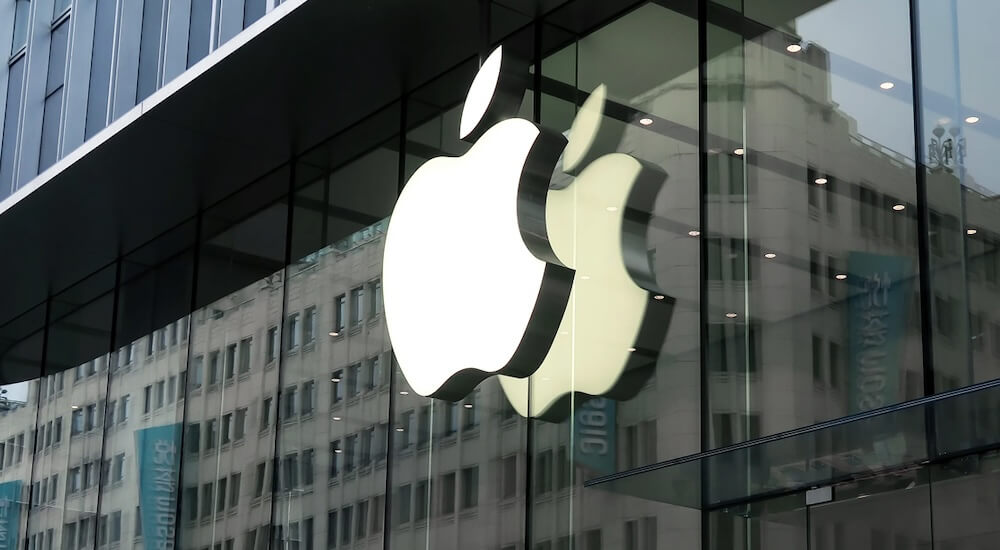As the U.S. corporation flew smartphones to avoid President Donald Trump’s looming tariffs, Foxconn and Tata, Apple’s primary suppliers in India, sent around $2 billion worth of iPhones to the United States in March, an all-time record, according to customs statistics.
In order to guarantee adequate stock in one of its largest markets, the smartphone manufacturer increased manufacturing in India and hired cargo planes to transport 600 tons of iPhones to the US out of fear that Trump’s tariffs would drive up prices.
The U.S. government levied 26% taxes on Indian imports in April, which was significantly less than the almost 100% duty China was then subject to. Since then, Trump has suspended most duties for three months, with the exception of China.
According to widely accessible customs statistics examined by Reuters, Foxconn, Apple’s primary supplier in India, exported cellphones valued at $1.31 billion in March, the greatest amount ever for a single month and equivalent to exports for January and February combined.
Foxconn shipped $5.3 billion worth of goods from India to the US this year, including Apple iPhone models 13, 14, 16, and 16e.
The iPhone 15 and 16 models were among the $612 million in exports from Tata Electronics, another Apple supplier, in March, which was around 63% more than the previous month.
Requests for comment from Tata, Foxconn (2317.TW), and Apple (AAPL.O) were not immediately immediately answered. The cargo specifics were initially reported by Reuters.
According to customs data, all of Foxconn’s exports to the US in March came via air from the Chennai Air Cargo facility and landed in different places, such as Los Angeles and New York, with the majority going to Chicago.
Trump subsequently announced that cellphones and a few other electronics imported mostly from China would not be subject to the high tariffs, but he later hinted that these exemptions would probably not last long.
Apple pushed Indian airport officials to reduce the customs clearance period at Chennai airport in Tamil Nadu’s southern state from thirty hours to six hours in order to speed up shipments.











